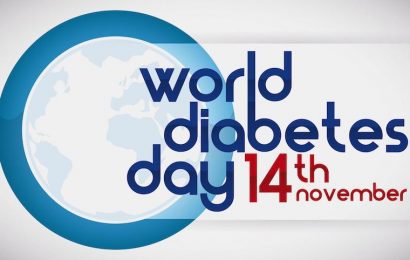Managing diabetes can be demanding, with so much to keep track of every day: blood glucose levels, food portion sizes and carbohydrate content, drug and insulin doses, physical activity. Perhaps in part because of this routine — or possibly just due to underlying factors related to diabetes — people with diabetes tend to experience fatigue at a higher rate than the general population. Now, a survey has put a number on this phenomenon: Eighty-five percent of people with diabetes experience fatigue daily that makes it difficult to perform regular activities.
The survey, as reported in an article at UPI.com, was conducted by Diabetica Research Solutions Inc. (DRSI), a company that makes a nutritional supplement aimed at people with diabetes. Since the company did not provide its methodology, the survey can be presumed to be nonscientific. Nevertheless, it can be safely assumed that fatigue is a widespread problem — but what should be done to remedy it? DRSI, not surprisingly, tacitly offers its own suggestion based on another number from its survey: Only 6% of people with diabetes say that they use energy drinks. Most energy drinks contain caffeine, which can of course boost energy levels — but then it often leads to a crash. DRSI offers a supplement without caffeine, but some people may find such a drink less effective than the well-worn allies of coffee, tea, and caffeinated soft drinks.
It is likely, though, that caffeine or energy drinks treat only the symptoms of fatigue, not its root causes. As David Spero notes in a blog post from last year here at DiabetesSelfManagement.com, fatigue may be a direct result of insulin resistance, leading to a lack of adequate fuel in cells throughout the body. But it may also result from inflammation, infection, stress, or poor sleep. In an “Expert Q&A” at CNN.com, the chief medical officer of the American Cancer Association notes that undetected obstructive sleep apnea may result in poor sleep quality, while other causes of fatigue may be muscle weakness, drug side effects, thyroid dysfunction, high blood calcium levels, or adrenal, kidney, or liver problems. With so many potential causes, how should a person with diabetes — or his doctor — begin to respond?
Do you, or did you once, experience fatigue regularly? If so, have you found any way to reduce it and boost your energy level? Have medical professionals been of any help? Do you think it is important to treat the root causes of fatigue, or would you be happy with a solution that simply gives you more energy, regardless of the mechanism by which it works? If your fatigue has not responded well to treatment, have you found a way to adapt to it? Leave a comment below!




